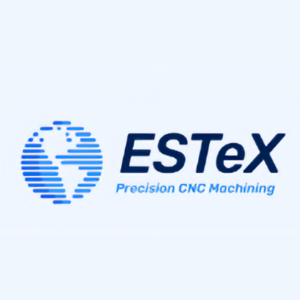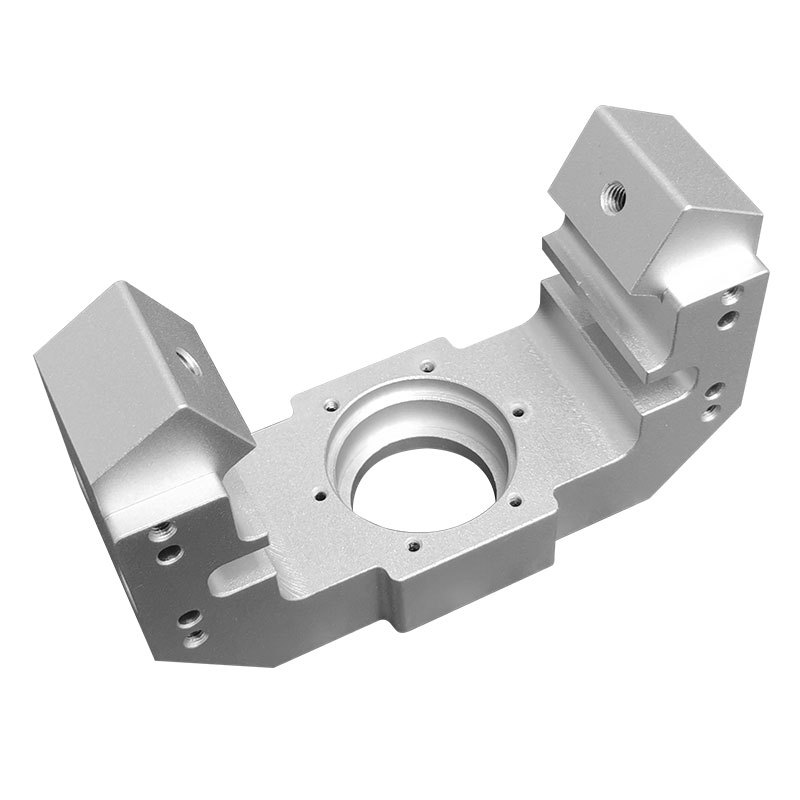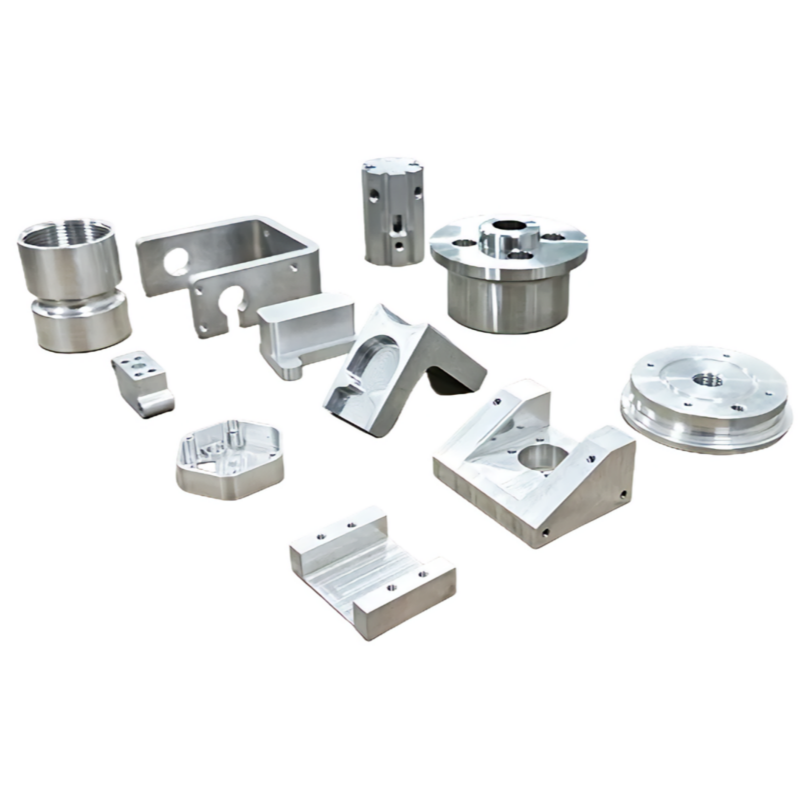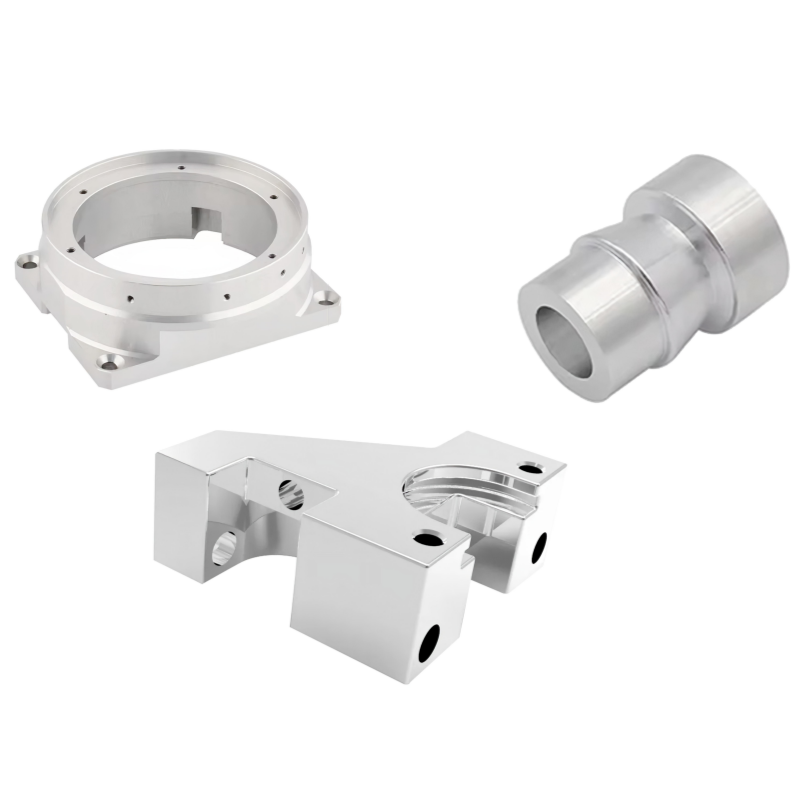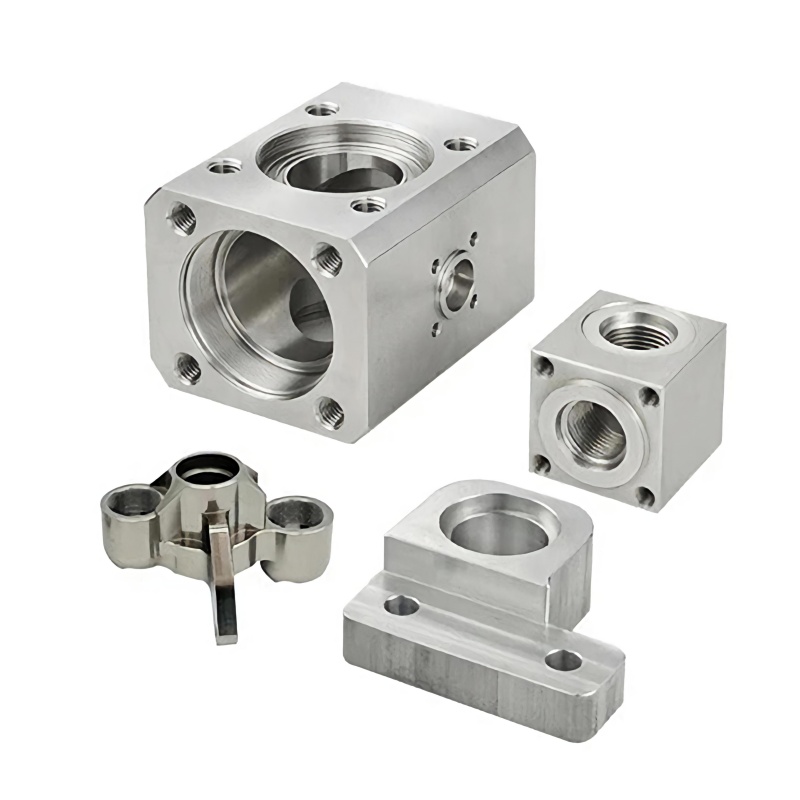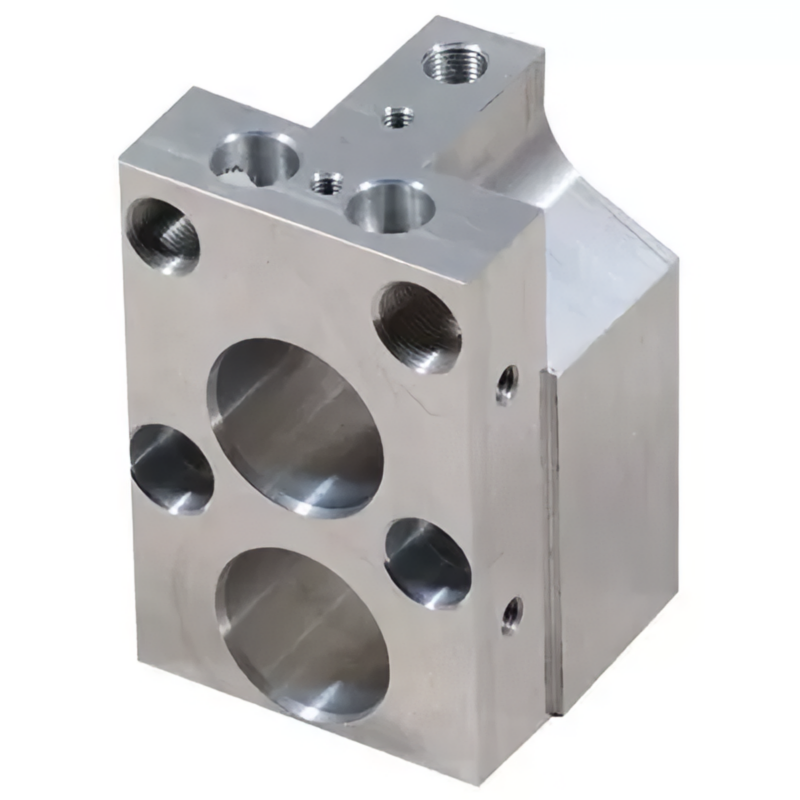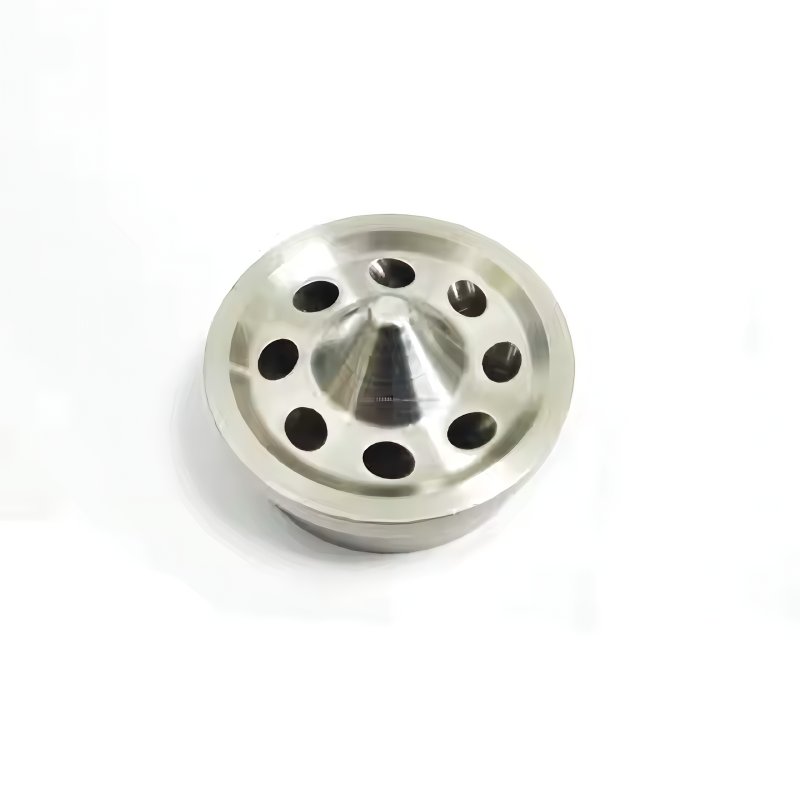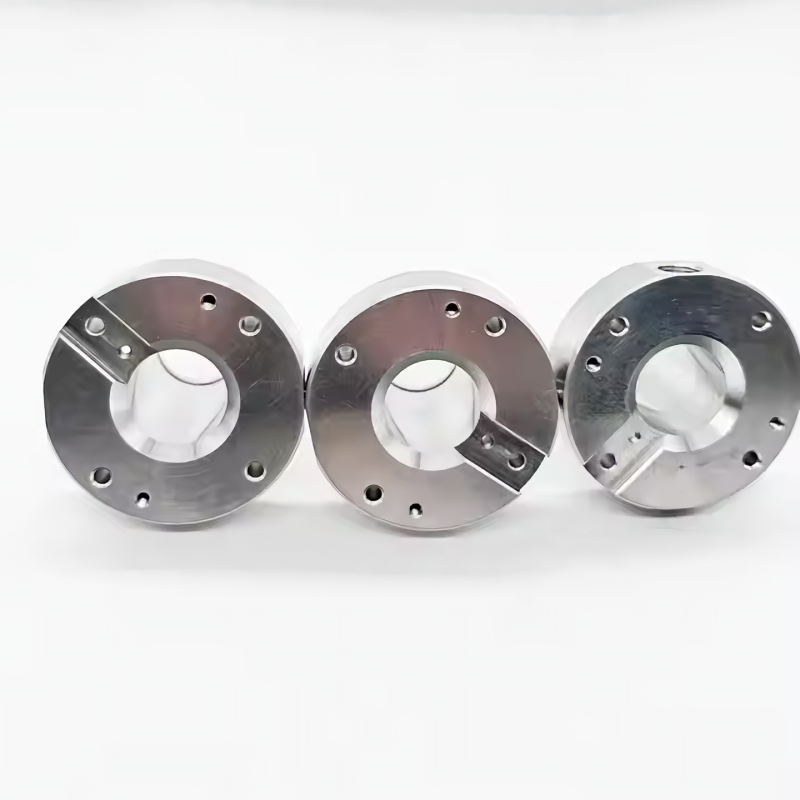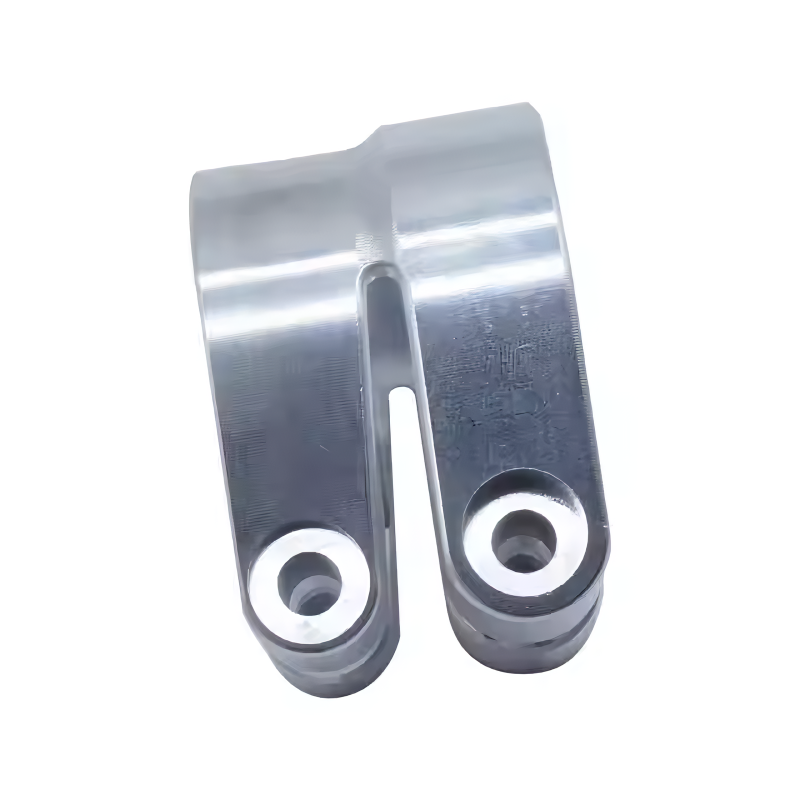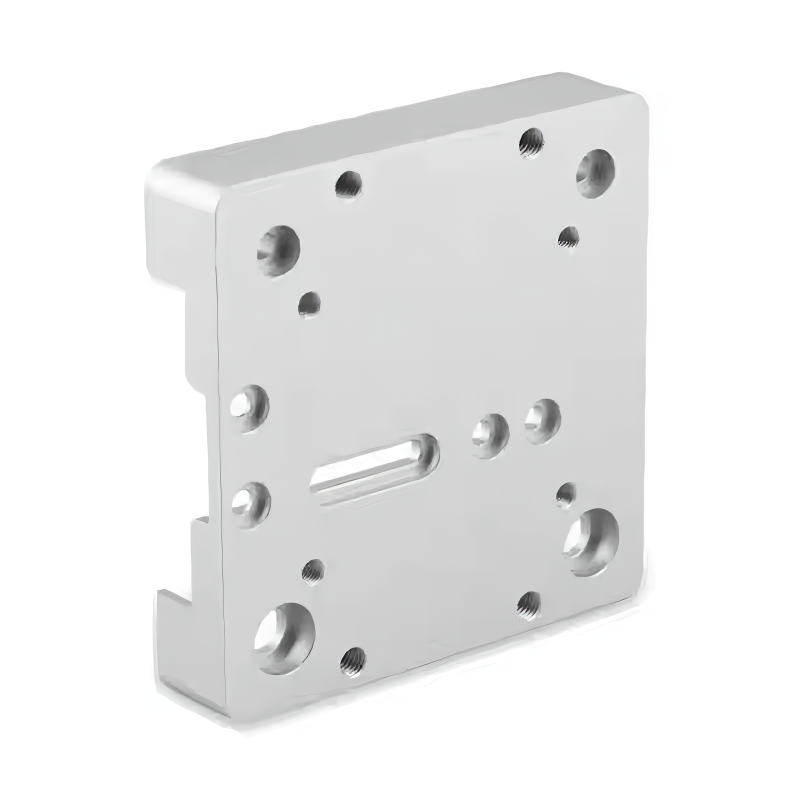Product Description
Why choose us?
- High Accuracy and Tolerance: Our CNC machines can achieve extremely tight tolerances, often within fractions of a millimeter or micrometer, making them suitable for applications where precision is paramount.
- Consistency and Repeatability: Once programmed, CNC machines can consistently produce identical parts, ensuring uniformity across multiple units, which is critical for mass production or high-quality prototypes.
- Material Versatility: We can work with a variety of materials, including metals (e.g., aluminum, stainless steel, titanium), plastics, composites, and more, providing versatility for different applications.
- Complex Geometries: CNC machining can create intricate shapes and complex part features, such as threads, grooves, slots, and holes, with high precision.
- Reduced Lead Times: We allows for faster production times, especially for custom or small-batch orders, by automating much of the manufacturing process.
- Cost-Effective for Custom Parts: While initial setup costs may be higher, CNC machining is cost-effective for producing small to medium quantities of customized precision parts due to its efficiency and minimal waste.
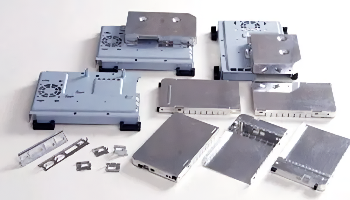
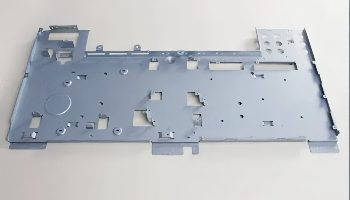
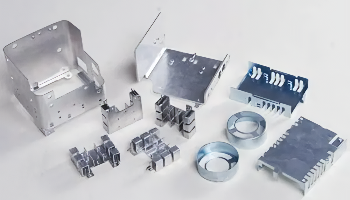
Product parameters
| Software/format | PRO/E, Auto CAD, Solid works, IGS, UG, CAD/CAM/CAE |
| Tolerance | 0.01~0.05mm, can customize as per request. |
| Dimension | Customized, MAX OD 300*300MM |
| Test equipment | Measurement instrument, projector, CMM, Altimeter, Micrometer, Thread Gauges, Calipers, Pin gauge etc. |
| Production Equipment | CNC Machining lathe, Hot forging & Hydraulic compress machine, Auto-milling machine, Drilling and Milling Center, Braid machine |
| Material | Aluminium, Brass, Bronze, Stainless steel and Steel as well as Plastics. |
| Surface Treatment | Zinc/Nickel/Chrome Plating, Passivation, Hardening, Clear Anodizing, Black Anodizing, Black Oxide, Coating, Degreasing, Brushing, Electronic |
| Certificate | ISO9001:2015 ISO 13485 Compliance Statistical Process Control (SPC) 5S |
| Packing | Inner packing: Plastic/paper wrap, bubble bag, PE foam, EPE cotton, PPbag Custom made Outer packing: carton box, steel pallet etc. |
Custom Process

1. Inquiry

2. Negotiation

3. Payment Term

4. Machining Production

5. Inspection samples

6. Package

7.Transportation

8. After-sale support
Process Type
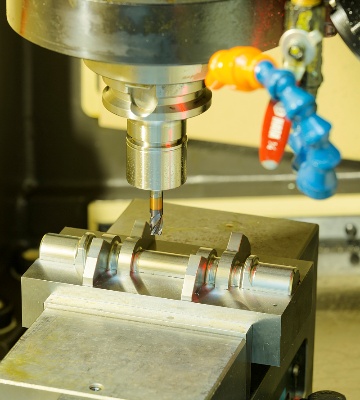
Machining
Broad term that refers to a range of processes used to shape, cut, or remove material from a workpiece to achieve a desired form, size, or surface finish. These processes include turning, milling, drilling, grinding, and more, and are typically carried out using computer numerical control (CNC) machines for high precision and automation. Machining processes are employed to produce complex parts with tight tolerances, such as gears, shafts, and custom components, across industries like aerospace, automotive, and medical. By utilizing various cutting tools and techniques, machining can handle a wide range of materials, including metals, plastics, and composites, and is essential for both prototype and production runs, ensuring high-quality, functional parts with exacting specifications.
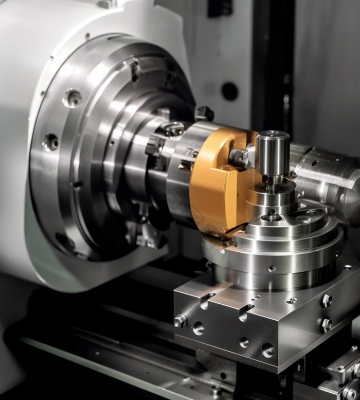
Turning
CNC machining process where a rotating workpiece is shaped using a stationary cutting tool that removes material to create precise geometries, typically cylindrical or conical in form. The workpiece is securely held on a CNC lathe, which spins at high speeds while the cutting tool moves along its length to achieve the desired shape, diameter, or surface finish. This process is ideal for producing parts like shafts, rings, and threaded components with high accuracy. Various turning operations such as straight turning, taper turning, and thread cutting are employed, depending on the specific design requirements. CNC turning offers exceptional precision, repeatability, and efficiency, making it essential for producing both simple and complex components across industries like aerospace, automotive, and medical.
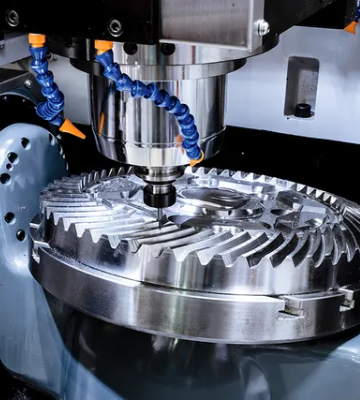
Milling
CNC machining process where a rotating cutting tool is used to remove material from a stationary workpiece, typically to create flat, contoured, or complex shapes. The workpiece is mounted on a CNC milling machine, which moves in multiple axes (usually X, Y, and Z) to precisely position the cutting tool. Milling operations can include a variety of techniques such as face milling, end milling, and slot milling, which allow for the creation of features like holes, pockets, grooves, and intricate surface details. The process is highly versatile and can be used on a wide range of materials, including metals, plastics, and composites, making it ideal for producing both simple and complex parts with high accuracy and fine surface finishes. CNC milling is essential in industries such as aerospace, automotive, and medical device manufacturing, where precision and flexibility are key.
Material
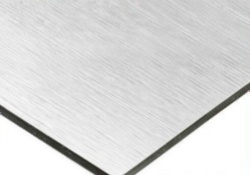
Aluminum

Brass
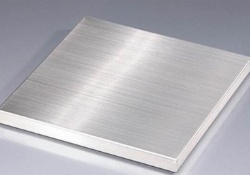
Stainless Steel
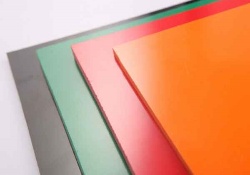
Plastics
Additional processes
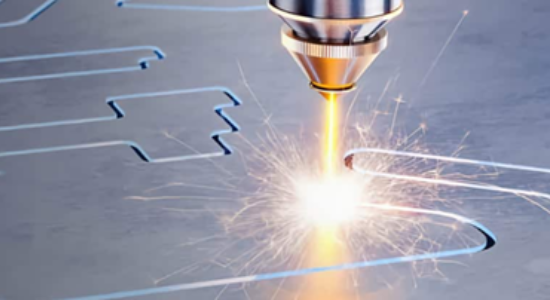
Laser Cutting and Laser Engraving
- Purpose: To achieve high-precision cuts and engravings with minimal thermal distortion.
- Common Uses: Cutting thin sheets of metal, creating intricate shapes, or marking parts for identification.
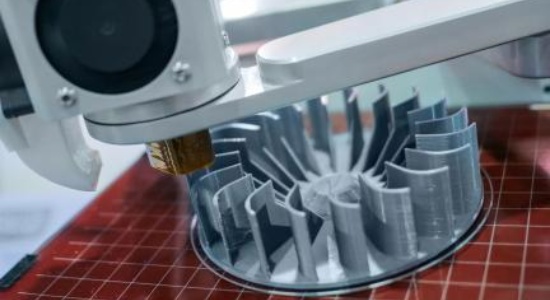
Additive Manufacturing (3D Printing)
- Purpose: To complement CNC machining with the creation of complex geometries and fine details, often for prototyping or creating tooling.
- Common Uses: Rapid prototyping, creating molds, and making components with internal cavities or complex shapes.








